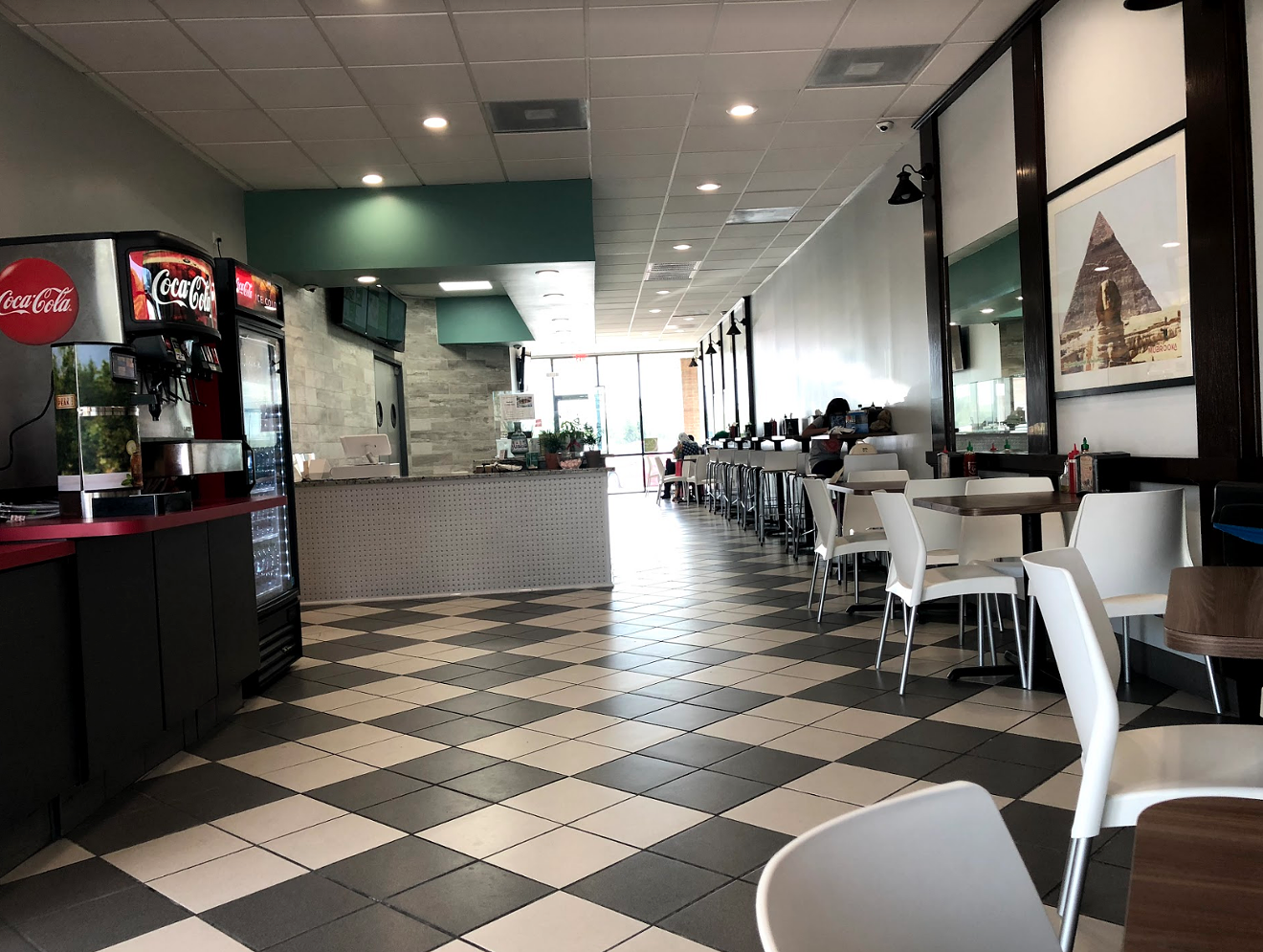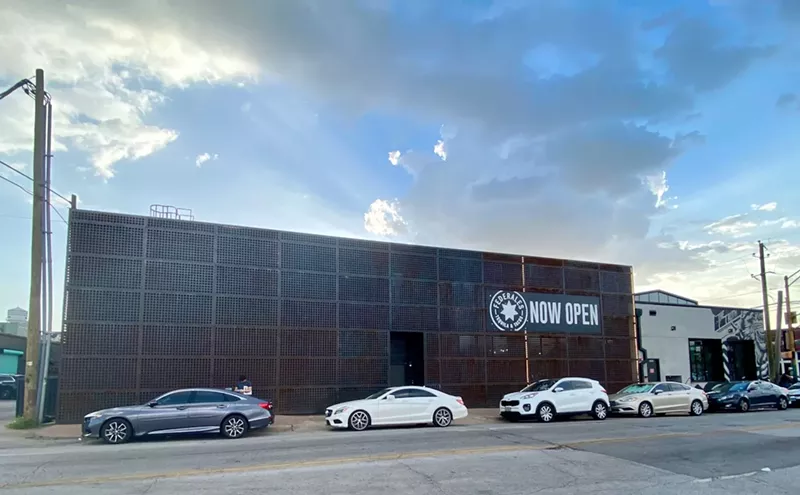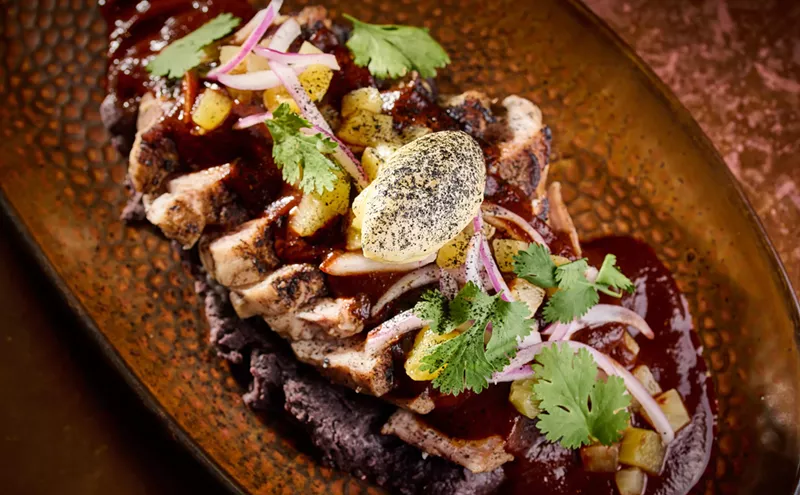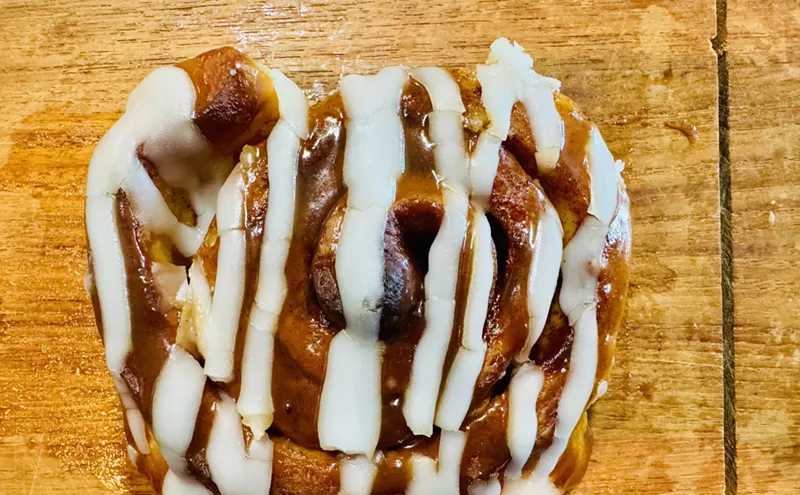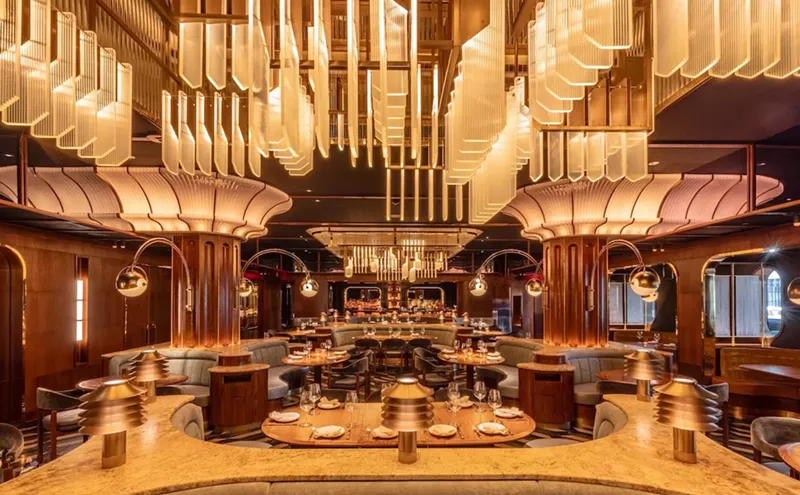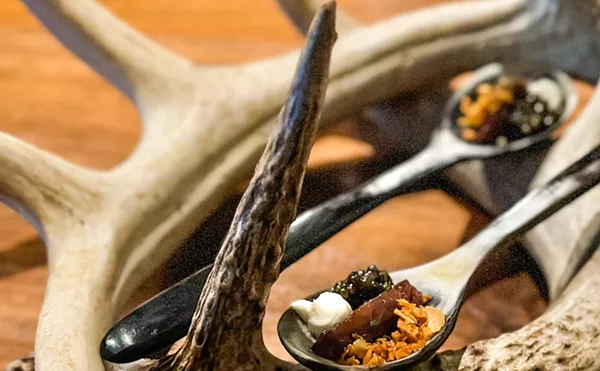“I wanted to show the other side of Egypt,” says Bosayna Elhouni, chef, partner and food services director of Mubrooka, an Egyptian street food restaurant in Richardson. “But especially, I wanted [to show] the people who work in the fields because these are the people who give you good food.”
This desire acted as the sole inspiration for the name of Elhouni’s restaurant, a brick-and-mortar location of a business that started by quietly delivering meals through meal delivery services such as Caviar and Uber Eats. The most common names for these people in Egypt are "Mabrooka, Baaheya and Bahana," Elhouni says. Elhouni asked her children to take the names to school and get their friends to choose which one they liked the most.
“‘Mabrooka’ means the blessed woman. ‘Baaheya’ means the beautiful woman,’” she explains. “I would go for the blessed. I don’t care about beautiful.”
However, it takes more than a nice, catchy, meaningful name to open a restaurant.
Elhouni left her home in Egypt seeking treatment for her daughter’s autism. At the time, she had no vision of a future in food. She found a clinic for her daughter in Cleveland, where they lived for three years. Elhouni and her four children eventually tried to go back to Egypt, but none of the schools would allow her daughter to attend because of her autism, Elhouni says. At the time, Elhouni had a bachelor's degree in political science and was considering going back to school to get her master's in international affairs.
“My dad said, ‘No. If you do your master's, you’re going to be very busy. Try to find something so you can enjoy your time, and at the same time [not] leave your kids for a long time,’” Elhouni says.
Initially, she did not know what to do. A friend suggested opening a restaurant. It sounded like a good investment, she says. She was a good cook, but she needed to learn the basics. After studying pastry at the Art Institute in Pittsburgh, family brought her to Dallas.
Elhouni continued her education for another year at the Art Institute in Dallas before she graduated. To stay in America, she needed to do something. Now a pastry chef, she thought she would open a pastry shop. Around the same time, her husband was finally able to join the rest of the family in the United States.
There was a huge housewarming party, Elhouni says. She cooked everyone koshari, the national dish of Egypt. When Elhouni first made it at the housewarming party, she thought her friends would think she just took leftovers and mixed them into a dish. But koshari can be found on any street in Egypt, she says. It is not exclusive to the rich or the poor.
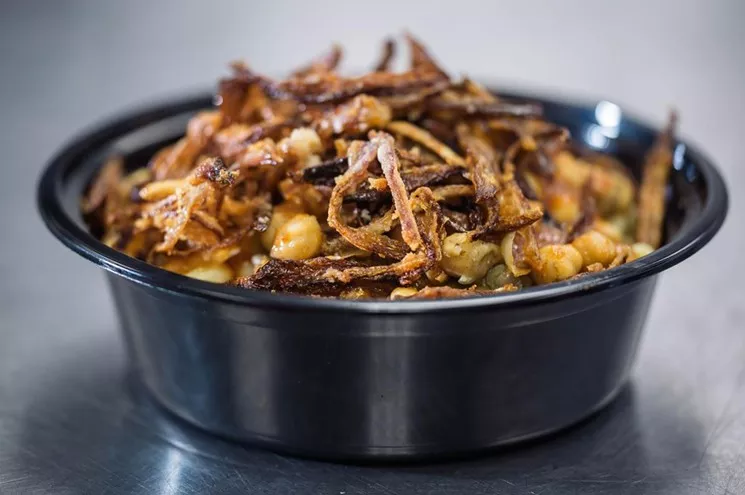
Mubrooka's koshari, a grain-based dish in zesty tomato sauce and topped with fried onions.
Kathy Tran
Koshari generally consists of rice, macaroni noodles and lentils mixed together and topped with a spicy tomato sauce and garlic vinaigrette, garnished with chickpeas and crispy fried onions.
All of her friends loved it, she says.
“We said, ‘The Egyptian food is actually nonexistent in the U.S., so let’s do something about it,’” her husband, Sam Badran, says.
For a year, the couple looked for a place where they could introduce Egyptian food to America. They didn't have any luck during this part of their business venture. Despite financial statements from their country and Elhouni’s degree, a lack of business credit history and experience in the industry kept them from locking down a location.
To gain more experience in the food business, the couple opted to rent a commercial kitchen and begin delivering. Although it was not ideal, their dream had finally come to fruition. Sharp diners could find their Egyptian street foods in apps such as Caviar.
Mubrooka was off to a great start. After only one month of delivering, they applied for locations to rent and found one in Richardson, where they recently opened up shop.
The delay seemed to work in their benefit. With the signs up around their establishment for so long, it sparked an interest among the community and built anticipation. Now, at their Richardson strip mall spot, you'll find Egyptian street foods like koshari, foul mudammas and sheesh tawooq.
“When we opened it, I can’t tell you, the four days, the people were like, ‘Finally! We’ve been waiting for you,’” Elhouni says. “I am very happy. It’s what I wanted, and I hope that I open another store in Frisco.”
Mubrooka, 904 Audelia Road, Richardson

